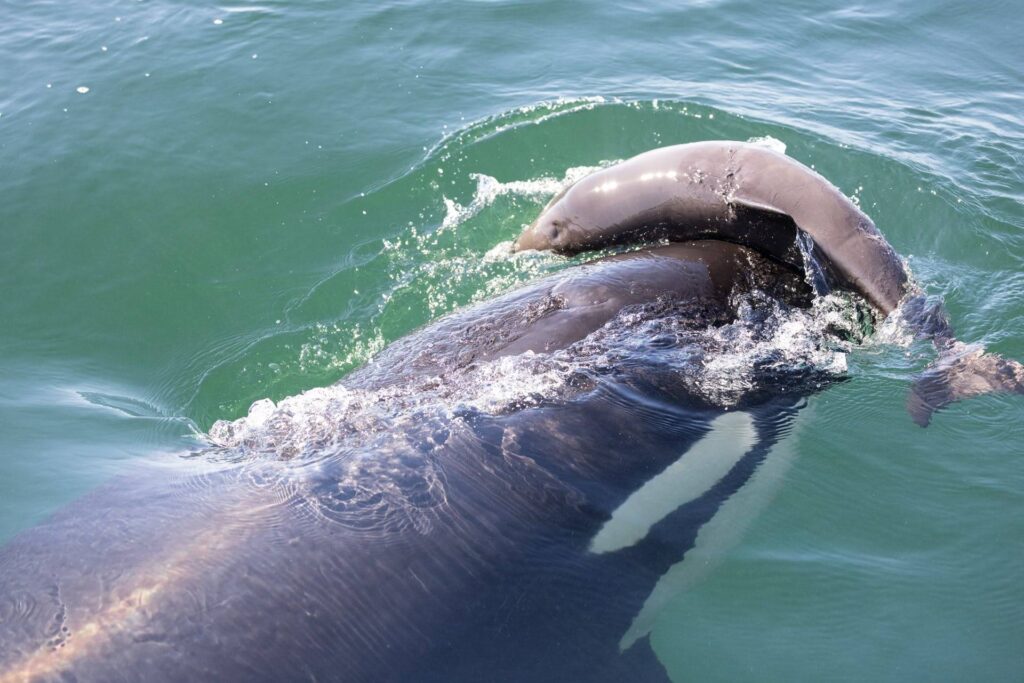Orcas have long been observed attacking manatees, but the behavior seems to have gradually increased in the orca population. “Killer whales are complex and intelligent animals,” explained Sara Teman of the University of California, Davis School of Veterinary Medicine. We found that aggressive behavior towards porpoises has spread over generations and between social groups. However, we don’t expect southern killer whales to start eating porpoises. The culture of eating salmon has deep roots in the southern orca population. “These whales need healthy salmon populations to survive.”
Deborah Giles of the Wild Orca Conservation Group says, “I’ve been asked many times why orcas don’t eat sharks or porpoises instead of salmon.” This is because fish-eating killer whales have a completely different ecology and culture than orcas that eat marine mammals. Therefore, their interactions with porpoises have another purpose.”
According to the research of Giles and his colleagues, orcas may attack porpoises as part of a social game. Play plays an important role in social bonding, and orcas may attack smaller mammals to strengthen their social cohesion.
On the other hand, the aggressive behavior of orcas can indicate hunting practice, whereby orcas strengthen their group skills to hunt salmon.
Finally, porpoise-attacking behavior may be a manifestation of “displaced care” behavior, in which female orcas view smaller porpoises as weak or sick creatures in need of care. Female orcas carry the bodies of their dead babies in the same way. “Displaced caregiving behavior may be due to their limited opportunities to care for infants,” Giles explained. “Our research has shown that due to malnutrition, about 70 percent of southern killer whale pregnancies result in miscarriage or baby whales that die soon after birth.”
The new research emphasizes the need to protect the salmon population in the habitat of orcas. A threat to salmon does not just affect one species, but an entire ecosystem.
Study in the journal Marine Mammal Science It has been published.



